Shozenji, An LGBTQ Safe Temple Run By A Transgender Nun

Shozenji Temple openly welcomes the LGBTQ community and was started by Soshuku Shibatani, the first transgender nun in Japan. Built based on the belief that gender distinction doesn't exist before Buddha, and that all should be able to live as themselves, this safe space is friendly to all.
Shozenji, a Temple for the LGBTQ Community
The motto to "live as your authentic self" may sound simple, but it isn't easy for everyone––especially those identifying as LBGTQ. Shozenji Temple in Moriguchi City, Osaka, is Japan’s first temple built as a refuge for the LGBTQ community.
Soshuku Shibatani, the head nun of the temple, underwent gender reassignment surgery, and was able to reflect this change on both her family and Buddhist registries. As a member of the LGBTQ community, she guides those who are suffering through the spiritual teachings of Buddhism.
What Does LGBTQ Stand For?
LGBTQ is an acronym short for lesbian, gay, bisexual, transgender, queer and/or questioning one's sexual orientation and identity. It was coined in the 1990s and is an umbrella term for sexual minorities.
Soshuku Shibatani: Japan’s First Transgender Buddhist Nun

Soshuku Shibatani, a 65-year-old openly transgender Buddhist nun, was biologically male at birth. She began to identify as a female in elementary school but never dared to express her gender identity at the time. As a university student, she met people similar to her and briefly lived at ease among like-minded peers. However, upon entering the workforce, she had to hide her true self once more.
Then, everything changed when she started learning about Buddhism.
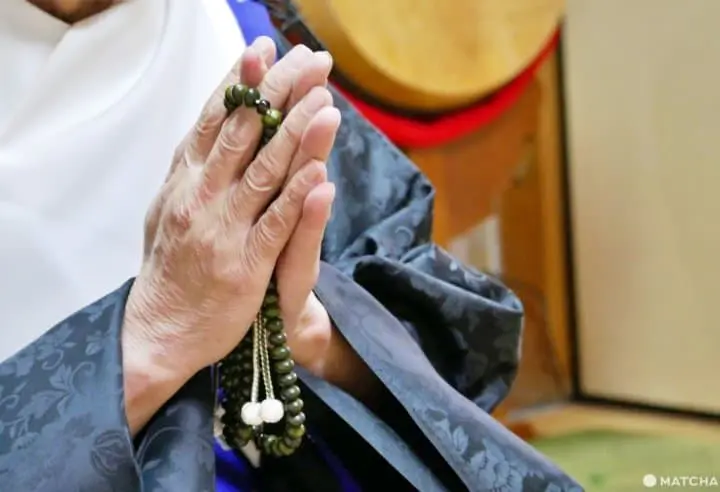
According to Ms. Shibatani, "Buddha saw beyond the differences of gender."
There is no need to hide your true self. Ms. Shibatani gradually became interested in Buddhist teachings and enrolled in community courses at the Graduate School of Koyasan University. She later resigned from her company, joined the priesthood, and went on to study Esoteric Buddhism.
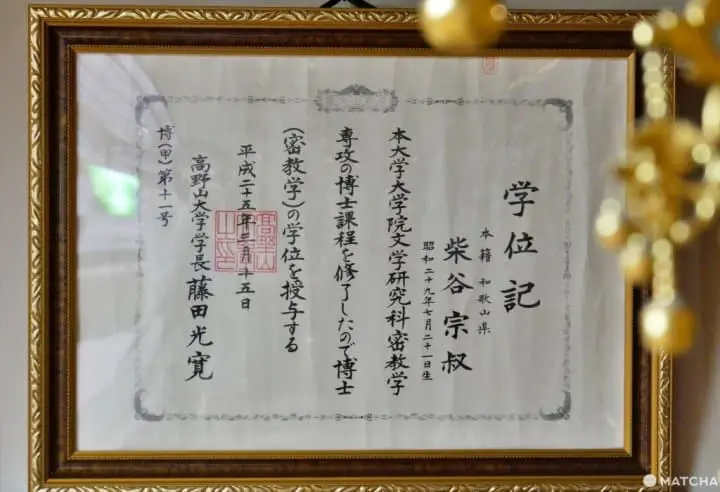
Ms. Shibatani underwent gender reassignment surgery in 2010. She was able to reconnect with her mind-body relationship by becoming Japan's first transgender Buddhist nun. In 2013, she graduated from Koyasan University and earned her doctorate. Then in 2017, she started preparations to build Shozenji Temple.
A Refuge for Those Carrying Similar Pain
As the first transgender nun in Japan's Buddhist community, people constantly flock to Ms. Shibatani. Some come to refresh their mind and seek answers. Others visit with the desire to find an outlet for their emotional pain due to struggles with gender identity.
One day, Ms. Shibatani decided to create a refuge for these people carrying similar sentiments to be able to communicate with one another and attain salvation.
Shozenji Temple is a Space for Everyone
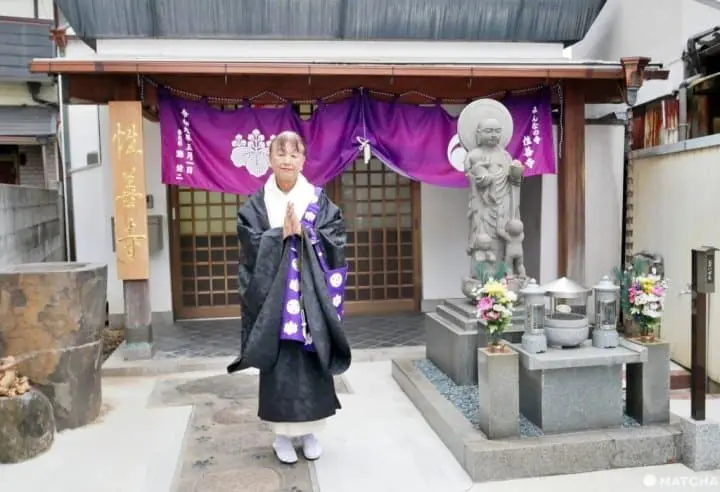
Shozenji Temple is so small that most people walk past it without realizing. If it weren’t for the conspicuous stone Buddha statue in front of the gates, the temple would be mistaken for a private residence.
Officially named Daitokuzan Johoji Temple, this sacred space was succeeded by Ms. Shibatani from her predecessor. It later gained the nickname Shozenji. The name Shozenji comes from a doctrine called "seizensetsu:" the belief that humans are inherently good and can attain enlightenment.
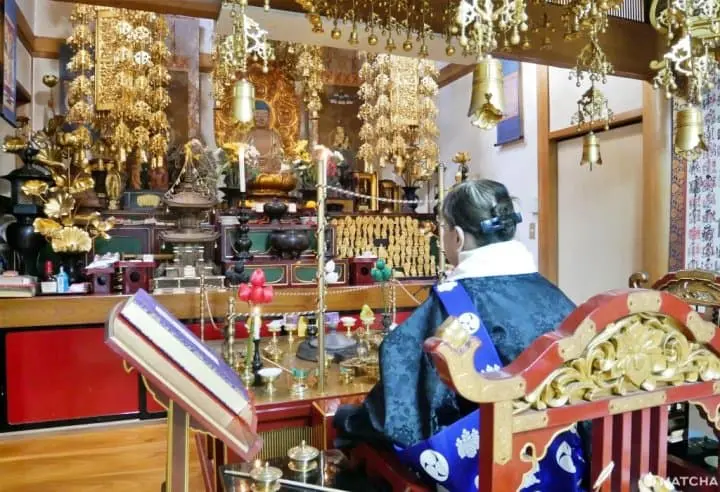
Shozenji is known for being the first temple in Japan openly welcoming to the LGBTQ community and providing a safe space. Aside from this friendly message, however, it is no different from an ordinary temple. Religious practices performed at other temples are also held here. Additionally, this place of worship provides support to sexual minorities, such as administering Buddhist weddings for same-sex couples and consultations for those struggling with their gender identity.
Ms. Shibatani stated, "Shozenji is not exclusively for the LGBTQ community, but rather a temple for everyone." There are no differences between those who identify as LGBTQ and those who do not. LGBTQ is simply a term that defines varying gender identities and sexual orientations.
Gender Doesn't Exist Before Buddha
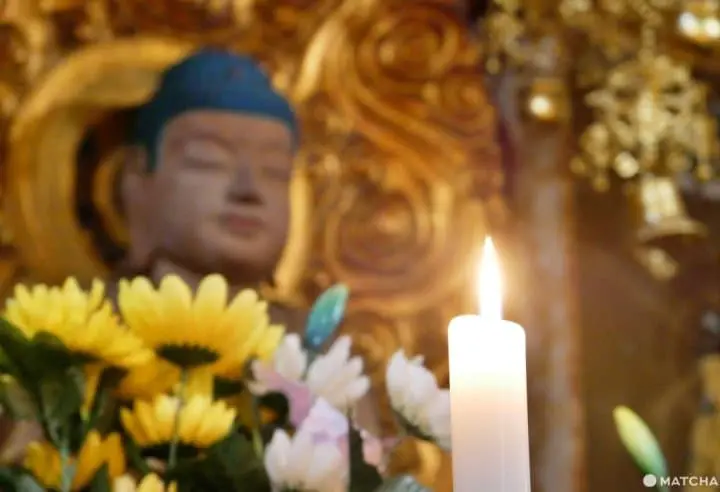
Soshuku Shibatani had already been a monk when she transitioned to female. While attending Koyasan University, she decided to go to school dressed in women's clothing one day. Of course, she was met with curious stares from her classmates.
"The monk community stresses the importance of tradition; there is a big difference between men and women."
That gender distinction, however, does not exist in Buddhist scriptures. With the changing times, the male-dominated society that we know today was created. “Gender doesn't exist before Buddha,” according to Ms. Shibatani.

She added, “The Kannon Bodhisattva has no gender identity.” A statue of Kannon, the Buddhist deity of mercy, is enshrined in the temple. It is Ms. Shibatani’s personal belonging and has been kept by her side since immersing in Buddhism.
While sexism still exists in our world, everyone is equal in the eyes of Kannon Bodhisattva. “That’s why I love Kannon Bodhisattva the most,” Ms. Shibatani commented with a smile.
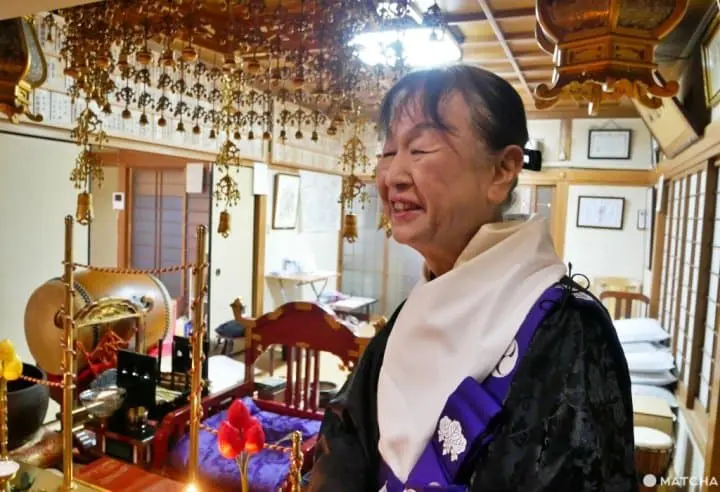
Fostering an understanding of sexual minorities is steadily increasing in modern Japan. Current LGBTQ activism, however, focuses mainly on same-sex relationships. At this time, we cannot confidently say that empathy and understanding is improving for the transgender and bisexual communities.
Although progress is slow, perhaps there will come a time when sexual minorities can freely be themselves without discrimination. "I might already be gone when that time comes," Ms. Shibatani joked lightheartedly, perhaps with the excitement imagining an unrestricted future for those like herself.
A Place for Everyone
Soshuku Shibatani is a Waseda University alumni and former journalist at the Yomiuri Shimbun, and has several engagements outside of being the head nun at Shozenji Temple. These activities include being a guide along the Shikoku Pilgrimage, a university lecturer, and an author. She feels comfortable embodying her true self while doing what she loves.
Ms. Shibatani's hope is for this small temple to be a haven for all visitors to unapologetically be themselves.
In cooperation with Shozenji Temple









































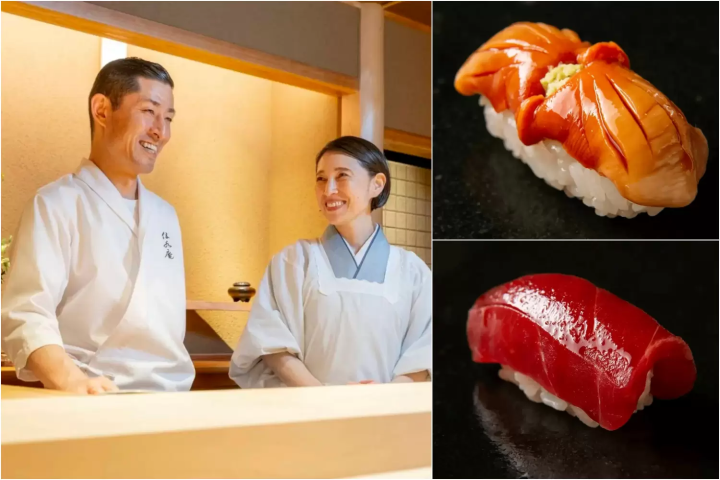
![[No need to worry!] A guide to buying entertainment tickets in Japan](https://resources.matcha-jp.com/resize/720x2000/2025/04/21-231654.webp)


![[ Naruto City, Tokushima Prefecture ] Experience the world's largest whirlpools up close on a sightseeing boat at the Spring Whirlpool Festival!](https://resources.matcha-jp.com/resize/720x2000/2025/02/05-222727.webp)